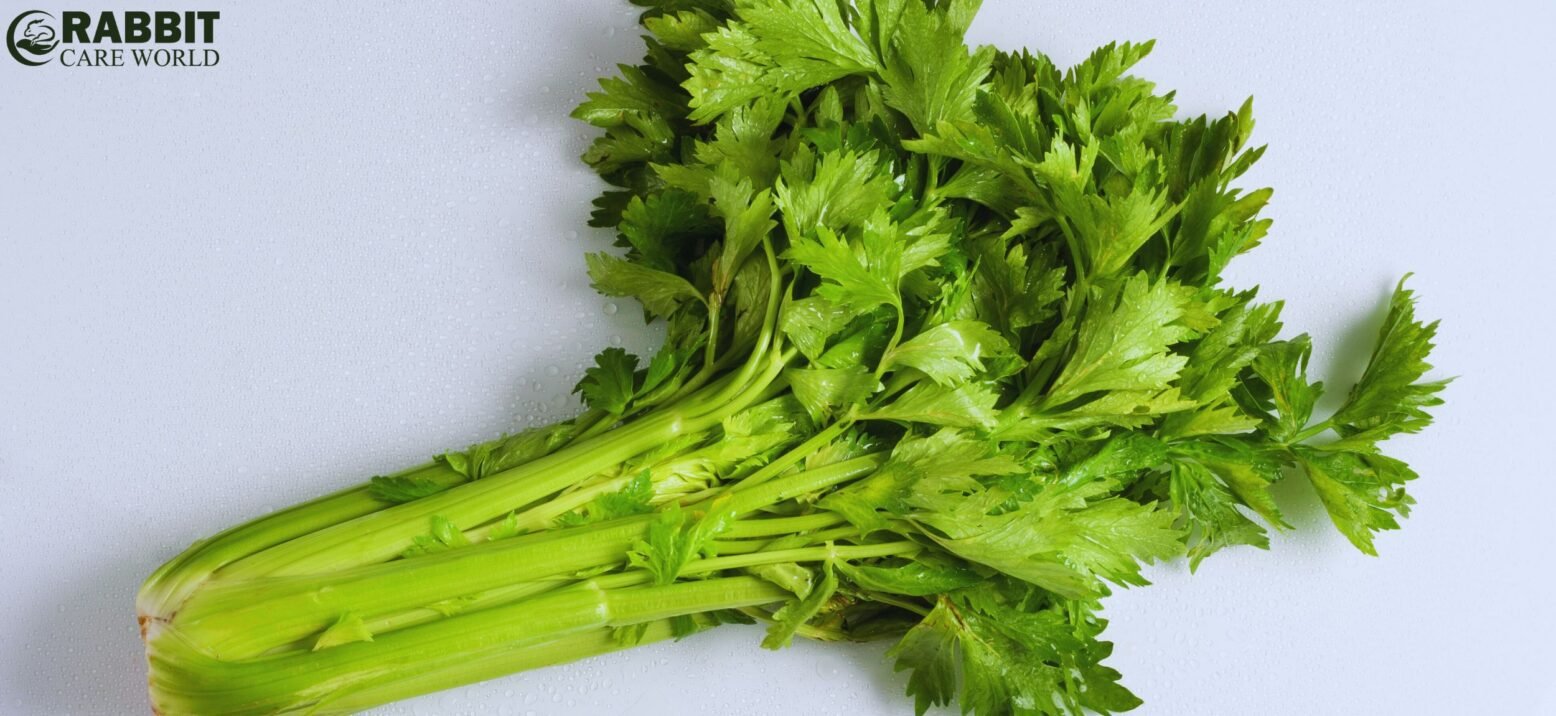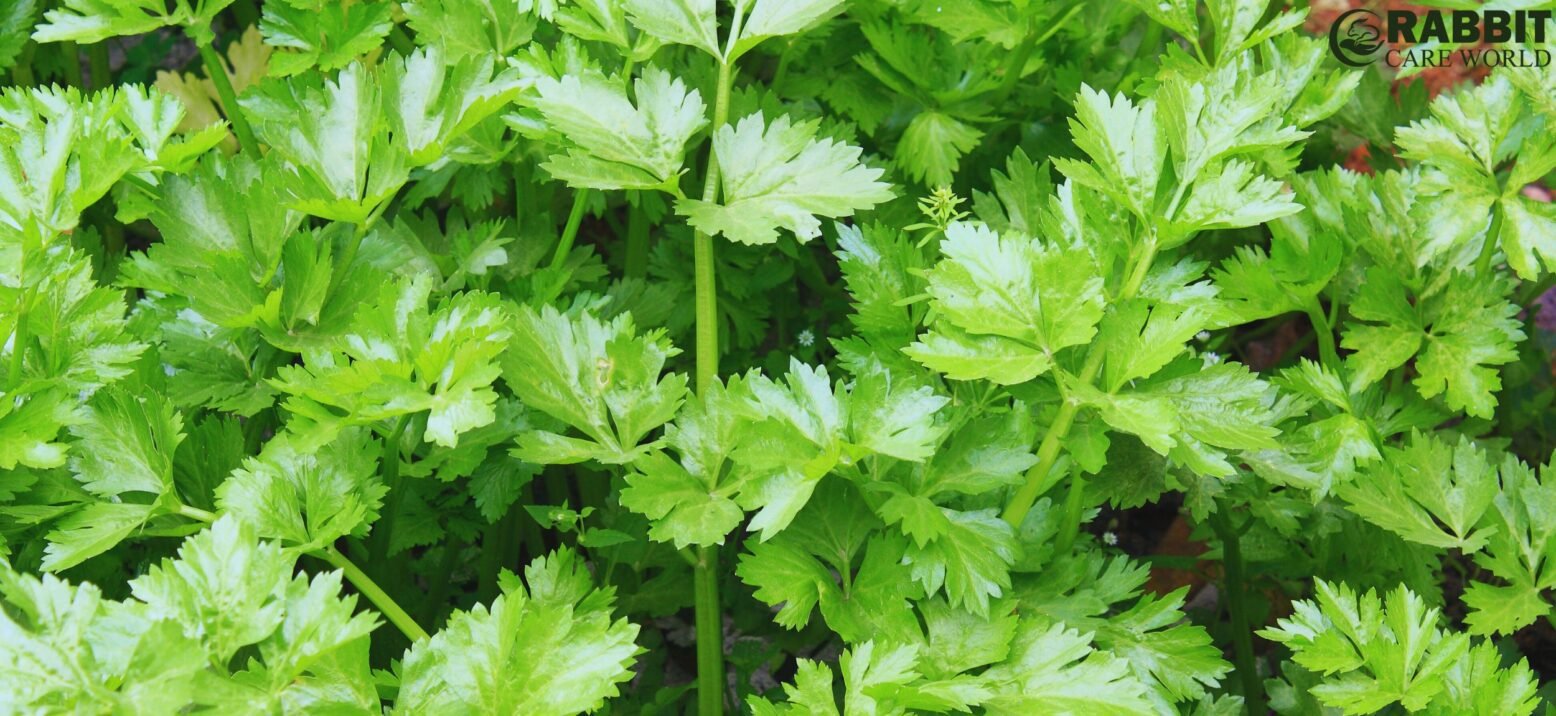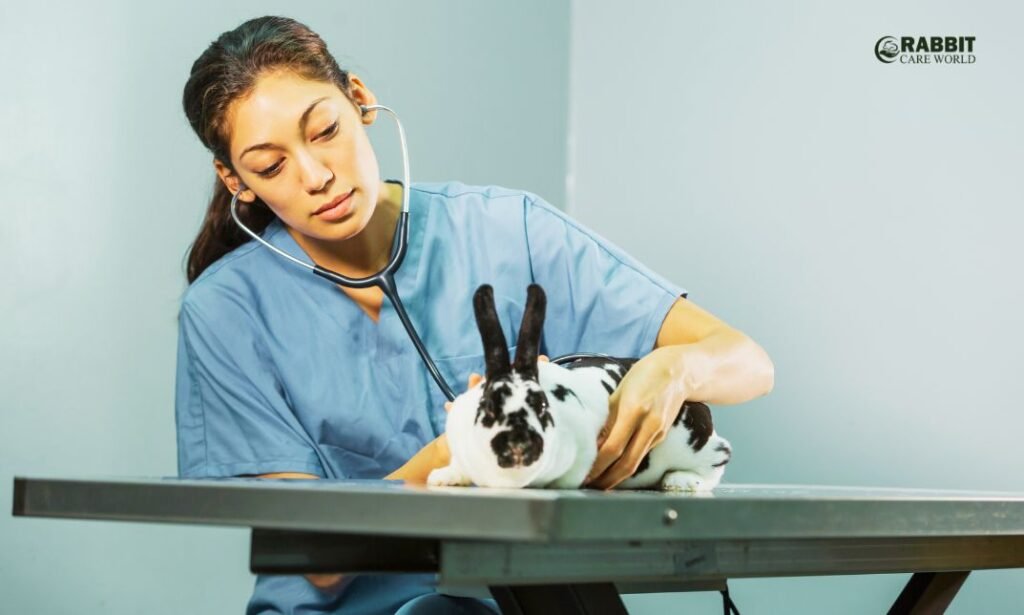Curious to know: Can guinea pigs eat celery? Yes, guinea pigs can eat celery. But it should be given in moderation. Learn everything!
Celery is safe but has some aspects to consider for your pet’s health. Guinea pigs need a balanced diet to stay healthy. Fresh vegetables are essential, and celery can be part of it. But, it contains a lot of water and can cause digestive issues if fed in large amounts.
It’s also stringy, which might pose a choking hazard. In this blog, we will explore the benefits and risks of feeding celery to your guinea pig. You’ll learn how to properly prepare and serve it to ensure your furry friend’s safety and well-being. Keep reading to make the best dietary choices for your beloved pet.
Table of Contents
ToggleNutritional Value Of Celery

Celery is a popular vegetable due to its crisp texture and refreshing taste. But is it good for guinea pigs? Let’s explore the nutritional value of celery to find out.
Vitamins And Minerals
Celery contains various vitamins and minerals essential for guinea pigs. It is rich in vitamin C, which guinea pigs cannot produce on their own. This vitamin helps prevent scurvy and boosts their immune system. Celery also provides vitamin K, necessary for blood clotting and bone health.
Additionally, celery offers small amounts of vitamin A, which is vital for vision and skin health. It also contains potassium, which supports heart health and muscle function. Magnesium in celery helps with energy production and muscle relaxation.
Fiber Content
Fiber is crucial for guinea pigs as it aids digestion. Celery is a good source of dietary fiber, helping to maintain a healthy digestive system. The fiber in celery helps prevent constipation and promotes regular bowel movements.
Including celery in your guinea pig’s diet can support their overall gut health. But remember to feed it in moderation to avoid digestive issues.
Health Benefits For Guinea Pigs
Feeding your guinea pig a variety of vegetables is important. Celery is one of those vegetables. It offers numerous health benefits for your furry friend.
Boosting Immune System
Celery is rich in vitamin C, which is crucial for guinea pigs. These small pets cannot produce vitamin C on their own. They need it from their diet.
Vitamin C helps in boosting the immune system. It protects guinea pigs from common illnesses. A strong immune system means fewer trips to the vet.
Celery also contains antioxidants. These help to fight free radicals. Free radicals can harm cells and lead to diseases. Antioxidants in celery help to keep cells healthy.
Improving Digestion
Celery has a high fiber content. Fiber is essential for your guinea pig’s digestive health. It helps to keep their digestive system running smoothly.
Fiber prevents constipation and other digestive issues. It promotes regular bowel movements. This is vital for guinea pigs as they have a sensitive digestive system.
The water content in celery is also beneficial. It helps to keep your guinea pig hydrated. Hydration is important for digestion and overall health.
Remember to feed celery in moderation. Excessive amounts can cause stomach upset. A balanced diet with a variety of vegetables is the key to a healthy guinea pig.
| Nutrition | Benefit |
|---|---|
| Vitamin C | Boosts immune system |
| Fiber | Improves digestion |
| Water | Keeps hydrated |
Potential Risks And Concerns

Celery can pose potential risks for guinea pigs. The stringy texture might cause choking or digestive issues. Always serve in small, manageable pieces.
Feeding celery to guinea pigs can be a healthy treat. However, there are some potential risks and concerns to consider. Understanding these can help keep your pet safe and healthy.
Choking Hazards
Celery has long, stringy fibers. These fibers can pose a choking risk. To avoid this, cut the celery into small, bite-sized pieces. This makes it easier for your guinea pig to chew and swallow. Here’s a simple way to prepare celery:
- Wash the celery thoroughly.
- Remove any tough strings.
- Cut into small pieces.
Always supervise your pet while they eat to ensure they do not choke.
Oxalate Content
Celery contains oxalates. In high amounts, oxalates can cause health problems. They can lead to kidney stones and other issues. It’s important to limit the amount of celery you give. A good rule of thumb is to offer celery in moderation. Here’s a sample feeding schedule:
| Frequency | Amount |
|---|---|
| Once a week | 1-2 small pieces |
This way, your guinea pig can enjoy celery without the risk of too many oxalates. Remember, a balanced diet is key for your pet’s health. Mix celery with other safe vegetables to provide variety.
Feeding Celery Safely
Feeding celery safely to your guinea pig is essential for their health. This crunchy vegetable can be a delightful treat. But, it needs to be given in the right way.
Proper Serving Size
Guinea pigs have tiny stomachs. So, small portions of celery are best. Cut the celery into thin slices. Each slice should be no longer than a finger. This makes it easy for them to chew and swallow.
Frequency Of Feeding

Celery should not be a daily treat. Once or twice a week is safe. This keeps their diet balanced. Overfeeding celery can cause digestive issues. Monitor your guinea pig after feeding. Make sure they are comfortable and healthy.
Frequently Asked Questions
Can Guinea Pigs Eat Celery?
Yes, guinea pigs can eat celery. It’s a healthy, low-calorie treat. However, it should be given in moderation due to its high water content.
Is Celery Safe For Guinea Pigs?
Celery is safe for guinea pigs when fed in small amounts. Too much can cause digestive issues due to its high water content.
How Often Can Guinea Pigs Have Celery?
Guinea pigs can have celery a few times a week. Ensure it’s part of a balanced diet with other vegetables.
Should Celery Be Cut Before Feeding?
Yes, always cut celery into small pieces. This helps prevent choking and makes it easier for guinea pigs to eat.
Conclusion
Feeding celery to guinea pigs can be safe in moderation. Celery provides vitamins and hydration. Remember to cut it into small pieces. Always monitor your guinea pig for any reactions. A balanced diet is key for their health. Include other vegetables and hay.
Avoid making celery a daily food. Your guinea pig’s well-being depends on variety. Enjoy caring for your pet. Keep learning about their dietary needs.



